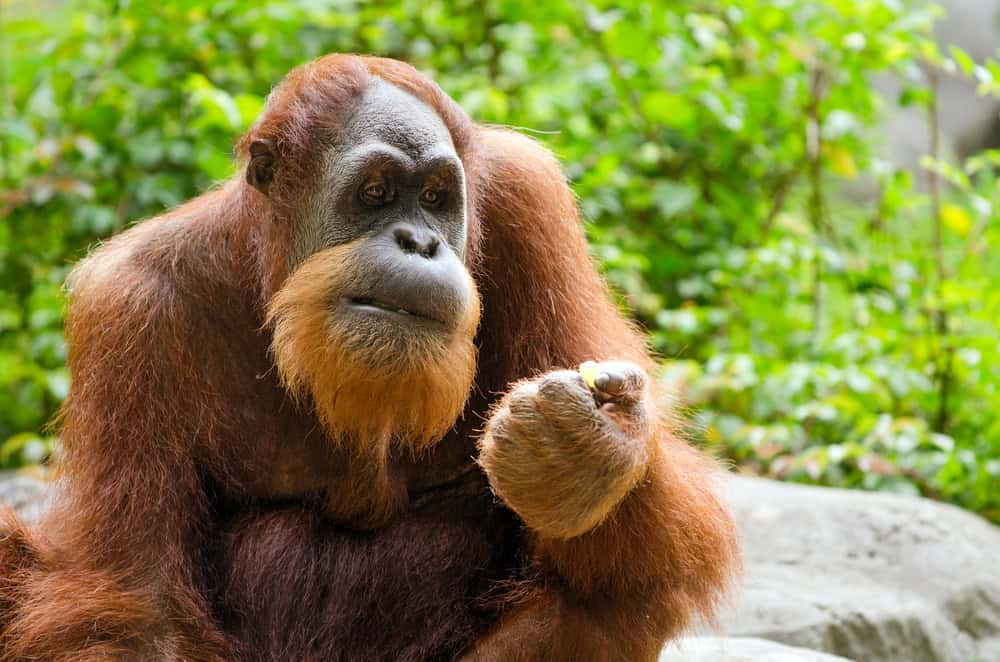When conservationists relocate orangutans to protect them from deforestation and human conflict, they believe they are giving these great apes a second chance. However, research suggests that this well-intended practice may be causing more harm than good. Orangutans rely on familiar landscapes, and forced relocation can leave them lost, disoriented, and struggling to survive.
A Risky Solution to a Growing Problem

In Indonesia and Malaysia, deforestation has pushed orangutans closer to human settlements. To prevent conflicts and safeguard populations, conservationists have translocated nearly 1,000 orangutans between 2005 and 2022. While this may seem like a viable solution, many orangutans fail to adapt to their new environments. Some even attempt to return to their original home, trekking vast distances and encountering new dangers along the way.
The Struggle to Adapt

Orangutans are highly intelligent and form strong attachments to their home territories. When relocated, they are placed in unfamiliar forests where they don’t know the best places to find food or shelter. Without these essential survival skills, many orangutans suffer from malnutrition and stress. Worse still, they often enter territories already occupied by other orangutans, leading to aggression and competition.
Disrupting Social Bonds

Like humans, orangutans have complex social structures. A relocated orangutan may be separated from its family and forced to navigate a foreign environment alone. Scientists compare this to uprooting an elderly person from their lifelong home and dropping them into an unfamiliar city without support. The emotional distress and confusion can further reduce their chances of survival.
A Better Way to Protect Orangutans

Instead of focusing on relocation, conservationists are exploring new strategies that prioritize coexistence. By working with local communities, they aim to create sustainable solutions that prevent human-orangutan conflicts without removing the animals from their natural habitats. Early warning systems, better land-use policies, and habitat restoration efforts are proving to be more effective than forced translocation.
The Future of Orangutan Conservation

The evidence is clear—relocation alone is not a sustainable conservation method. Protecting orangutans requires a holistic approach that addresses habitat destruction, food security, and community involvement. By shifting the focus toward preserving their natural homes rather than moving them, we can give these intelligent and sensitive creatures the best chance at survival.
- Angry Ostrich Chases Two Cyclists - August 23, 2025
- 12 Extraordinary Facts About Snakes That Most People Don’t Know - August 23, 2025
- Grieving Mare Adopts Abandoned Rare Horse Foal Creating an Unbreakable Bond - August 23, 2025
